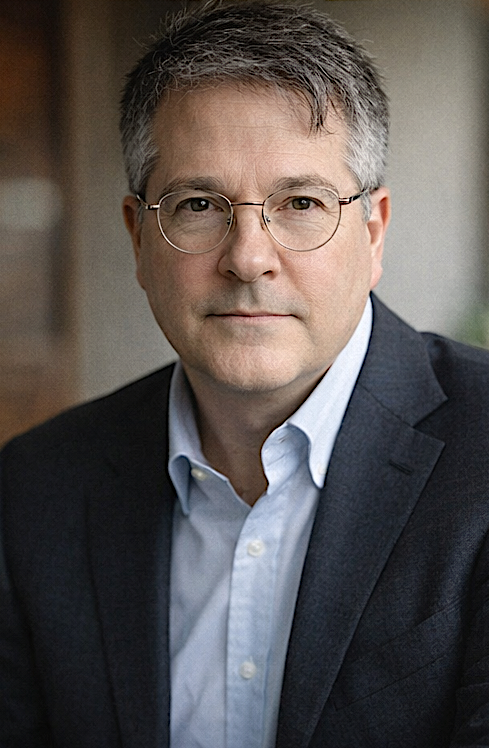Gregory M.A. Gronbacher, Ph.D.
Gregory is a West Michigan–based real estate professional, educator, writer, and independent scholar whose work sits at the intersection of practical service and sustained reflections about meaning, culture, and spiritual renewal.
Since 2014, he has served clients in residential real estate sales and advising, and he also teaches real estate licensing and continuing education as a state-certified instructor.
Additionally, Gregory’s background includes strategic communications and digital product/content work. He is also a long-running freelance digital copywriter and editor who spent a decade at Amway as a web editor on a UI/UX core team—experience that continues to shape his clear, structured approach to communication and guidance.
Educated in Ireland and Europe, Gregory earned his Ph.D. in Social Philosophy at Trinity College Dublin, with research focused on social philosophy and political economy, and he also completed graduate studies in philosophy and political economy at the International Academy of Philosophy in Liechtenstein. His academic formation began with undergraduate studies in theology, philosophy, and politics.
He considers himself a post-denominational Celtic Christian and a member of the Iona Community at Iona Abbey in Scotland.
His spiritual formation also draws from Catholic and Quaker traditions. He is equally at home at Mass or in Meeting for Worship, finding in both sacramental practice and shared silence complementary expressions of Christian practice. These traditions have shaped his attentiveness to philosophical theology, sacramental participation, simplicity, and the inward movement of the Spirit.
Gregory’s theological outlook has been further informed by Progressive Christianity, particularly its methods of critical engagement, historical awareness, and openness to contemporary questions of meaning. Rather than abandoning tradition, this approach has encouraged him to re-articulate Christian thought and practice in ways that remain intellectually honest, spiritually grounded, and existentially meaningful.
He is a founding member of the Anam Cara Community, an intentional Christian community rooted in the practice of soul-friendship and shared spiritual life. He is also the author of A Theology of Meaning, an ongoing theological project that seeks to express Christian insights and wisdom through its existential significance—addressing the modern search for meaning while honoring the depth and wisdom of the Christian tradition.
Alongside his academic work, Gregory’s writing includes a soon-to-be-released novel, It’s All in the Game, as well as previously published poetry.
Originally from New York City, Gregory now calls West Michigan, including the Grand Rapids area, home.
> Learn more about Gregory.
